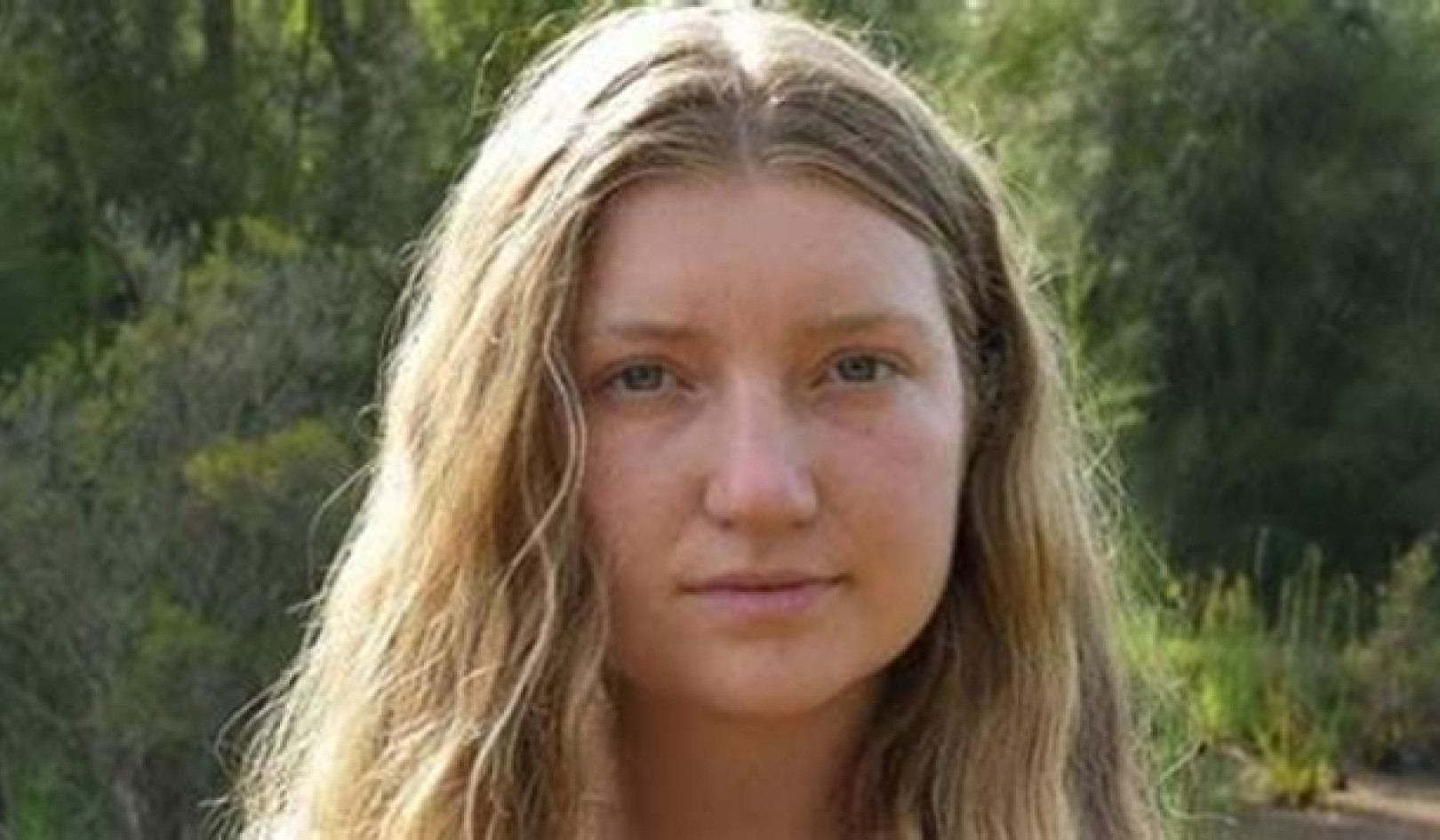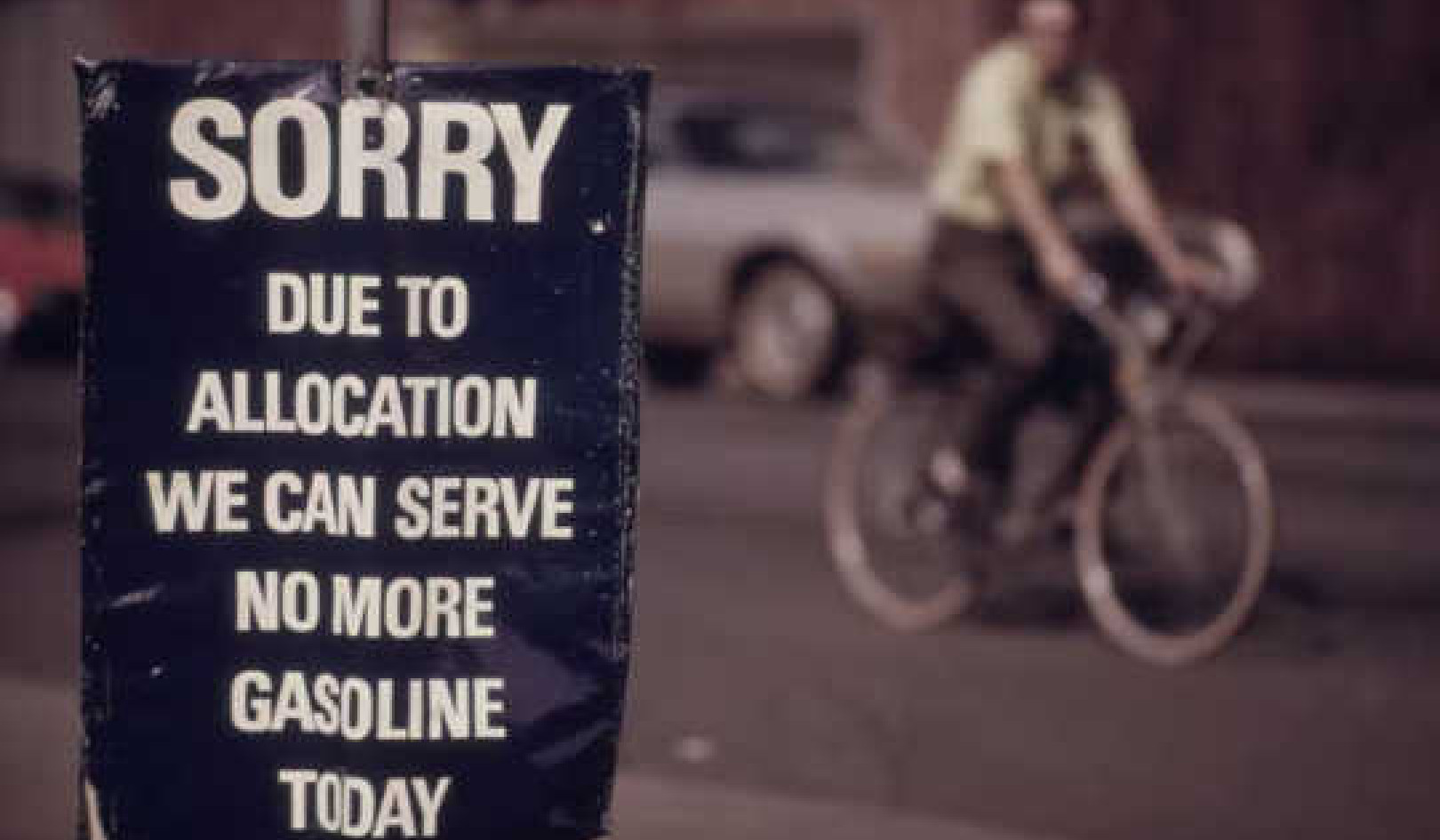We gave $7,500 to people experiencing homelessness — here’s what happened next Most participants spent the money they received on rent, food and to purchase items like furniture. (Shutterstock)
Homelessness is a deeply misunderstood and complex issue. When people hear the term, they tend to associate it with mental illness or problematic substance use. Individuals experiencing homelessness are heavily stigmatized, dehumanized and perceived to be less competent and trustworthy. But the reality is far more complicated than these perceptions.
A 2020 count by the BC Non-Profit Housing Association in Metro Vancouver found there were 3,634 people experiencing homelessness; among them, 1,029 unsheltered and 2,605 sheltered. Only about half had mental health challenges or substance use issues. This count did not include the hidden homeless: people who might couch surf or sleep in their cars.
The longer someone remains homeless, the more likely they are to face trauma, problematic substance use and mental health challenges. This often leads to worse health outcomes in the long term.
Present approaches are failing, as evidenced by the rapidly increasing number of people experiencing homelessness. Relying on short-term shelters has been shown to be more expensive than providing stable housing. It is therefore imperative to try something else.
Trying something new
In 2016, we teamed up with Claire Williams, co-founder of Foundations for Social Change, to create a new solution.
We gave a one-time cash transfer of $7,500 to people experiencing homelessness in Vancouver. This lump sum, equivalent to the 2016 annual income assistance in British Columbia, provided people the financial freedom to pay rent and meet other living costs. The cash transfer also represented a dignified way to empower people to escape homelessness.
It took us two years to galvanize support from partner organizations and donors. We first established a policy agreement with the B.C. government to let cash recipients keep the $7,500 while still being eligible for social assistance. We then worked with credit union Vancity to provide free checking accounts where people could receive their funds.
In 2018, we launched the world’s first pilot randomized controlled trial to examine the impact of the cash transfer on people experiencing homelessness. Our goal was to start with people who recently became homeless at a time when they needed cash the most to avoid being trapped in homelessness.
Our participants
Our team visited 22 shelters in B.C.’s Lower Mainland to screen people who were homeless for less than two years, were Canadian citizens or permanent residents, were between the age of 19-65 and who did not have severe levels of substance or alcohol use and mental health problems. Our sample represented 31 per cent of the shelter population in Vancouver.
A total of 229 people passed the screening. They had no knowledge about the cash transfer. But when we tried to reach out to them again to conduct the baseline survey, we were unable to reach half of them because they didn’t have a stable address, phone or email. Despite our best efforts, we couldn’t reach 114 people. So we ended up recruiting 115 participants into the study.
Fifty were randomly assigned to a cash group and 65 to a non-cash group in the randomized controlled trial. The 50 participants in the cash group were informed about the cash transfer only after completing the baseline survey. The 65 in the non-cash group were not.
We tracked participants for a year to assess the effects of the cash transfer. We lost contact with around 30 per cent of participants during this time while some relocated away from Vancouver.
We provided a workshop and coaching to a subset of the participants as additional support. The workshop consisted of a series of exercises to help participants brainstorm ways to regain stability in their lives. Coaching consisted of phone calls with a certified coach trained to help participants achieve their life goals.
Since a study like this has never been done before, we had little evidence to guide our predictions on the impact of the cash transfer. But following best practices, we came up with a few hypotheses on short-term well-being and cognitive function based on previous cash transfer studies. Unsurprisingly, none of the hypotheses turned out to be true.
What we found
What astonished us was the significant positive impacts of the cash transfers. Cash recipients spent 99 fewer days in homelessness on average over one year.
That led to net cost savings of $777 per person per year. That means the cash transfers actually saved the government and taxpayers money. Cash recipients increased spending on rent, food, transit and things like furniture or a car.
Importantly, they did not increase spending on alcohol, drugs and cigarettes. That challenges the stereotype that people in homelessness would squander money they receive on alcohol and drugs.
Between 2018 and 2020, the housing vacancy rate in Vancouver was around one per cent and the wait to get into housing could be up to one year for someone living in a shelter.
However, around 50 per cent of participants in our study moved into housing just one month after the cash transfer. This goes to show how prepared they were to get back to stability. All they needed was the cash support to do so.
But what we didn’t see was substantial improvements in food security, employment, education and well-being. This might be because $7,500 was still a relatively small amount of money in an expensive city like Vancouver.
The average personal annual income among participants was $12,580. So, the cash transfer represented a 60 per cent boost. But despite that, they were still below the poverty line and nowhere close to meeting the living costs in Vancouver.
We also found that neither the workshop nor coaching had an impact on the participants. One reason was compliance; most participants didn’t take part in the workshop or coaching after the first month. Another reason was a possible mismatch between the support on offer and participants’ needs. The support provided was aspirational, designed to clarify life goals and boost their self-efficacy.
But what our participants needed was instrumental support, like getting identity documents, completing resumes and applying for jobs. These instrumental needs could not be easily met by completing a few workshops or coaching.
This study adds more evidence to a growing body of cash transfer studies around the world that demonstrate the need to raise the income floor of marginalized people.
This study is a promising start, laying the groundwork for future research and policies. Governments and experts should explore cash transfers as a way of supporting unhoused and marginalized people.
Ryan Dwyer, a senior researcher at the Happier Lives Institute, co-authored this article.![]()
Jiaying Zhao, Associate Professor, Psychology, University of British Columbia; Anita Palepu, Professor of Medicine, University of British Columbia, and Daniel Daly-Grafstein, PhD student in statistics, University of British Columbia
This article is republished from The Conversation under a Creative Commons license. Read the original article.
Books on Inequality from Amazon's Best Sellers list
"Caste: The Origins of Our Discontents"
by Isabel Wilkerson
In this book, Isabel Wilkerson examines the history of caste systems in societies around the world, including in the United States. The book explores the impact of caste on individuals and society, and offers a framework for understanding and addressing inequality.
Click for more info or to order
"The Color of Law: A Forgotten History of How Our Government Segregated America"
by Richard Rothstein
In this book, Richard Rothstein explores the history of government policies that created and reinforced racial segregation in the United States. The book examines the impact of these policies on individuals and communities, and offers a call to action for addressing ongoing inequality.
Click for more info or to order
"The Sum of Us: What Racism Costs Everyone and How We Can Prosper Together"
by Heather McGhee
In this book, Heather McGhee explores the economic and social costs of racism, and offers a vision for a more equitable and prosperous society. The book includes stories of individuals and communities who have challenged inequality, as well as practical solutions for creating a more inclusive society.
Click for more info or to order
"The Deficit Myth: Modern Monetary Theory and the Birth of the People's Economy"
by Stephanie Kelton
In this book, Stephanie Kelton challenges conventional ideas about government spending and the national deficit, and offers a new framework for understanding economic policy. The book includes practical solutions for addressing inequality and creating a more equitable economy.
Click for more info or to order
"The New Jim Crow: Mass Incarceration in the Age of Colorblindness"
by Michelle Alexander
In this book, Michelle Alexander explores the ways in which the criminal justice system perpetuates racial inequality and discrimination, particularly against Black Americans. The book includes a historical analysis of the system and its impact, as well as a call to action for reform.


























